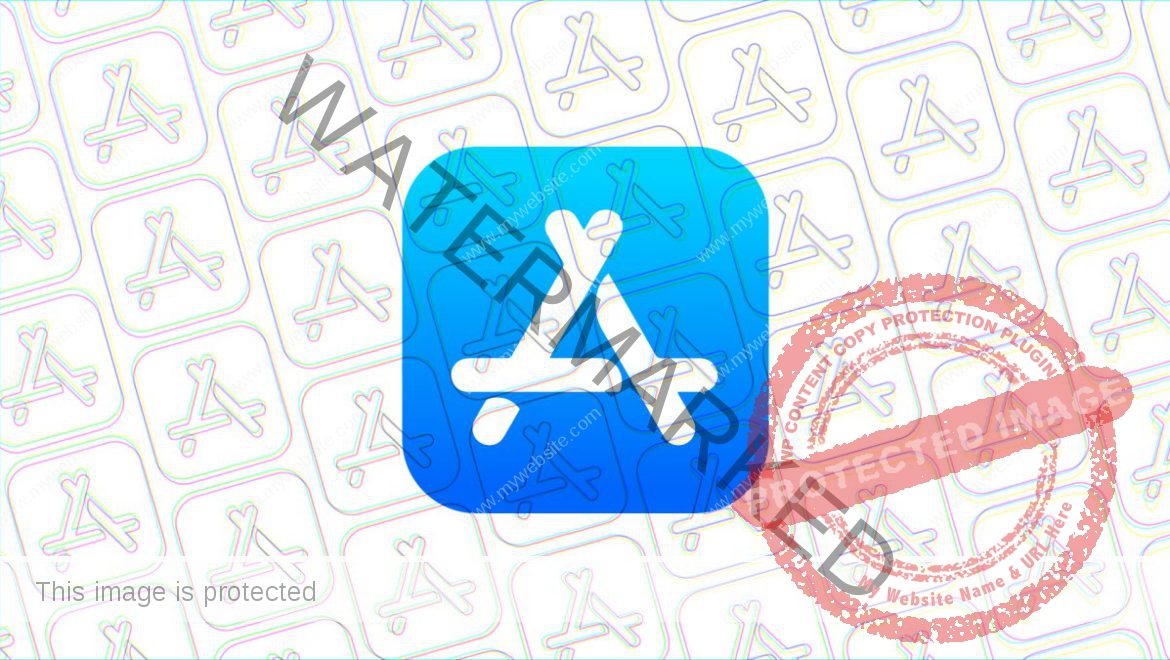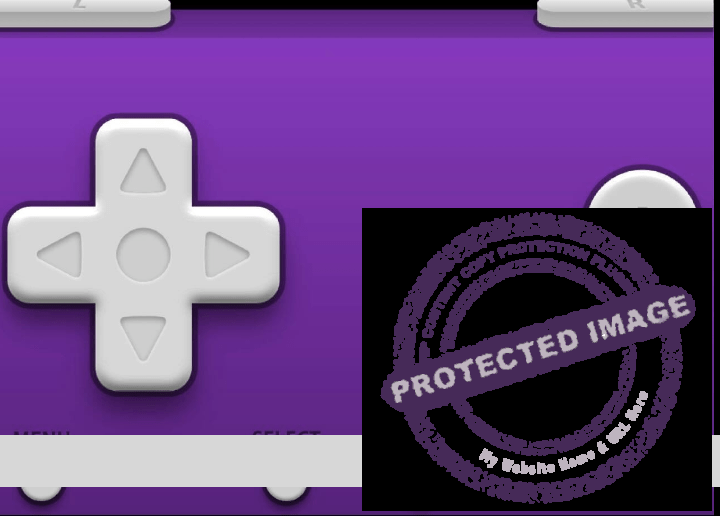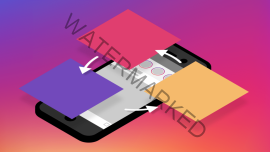Apple changes App Store rules to allow retro game emulators globally | TechCrunch
Apple updated its App Store rules Friday to allow emulators for retro console games globally with an option for downloading titles. However, the company warned that the developers are responsible for making sure that they follow copyright rules.
Android users can already access a ton of emulators to play old classics on their devices. Apple’s update will probably encourage some of those developers to bring their emulators to the App Store.
The company stated that these emulator apps must use an in-app purchase mechanism to offer digital items. With Apple having to tweak App Store rules because of regulations, these kinds of games would provide another revenue stream for the company.
In January, when Apple released the first set of rules in compliance with the EU’s Digital Markets Act (DMA) rules, the company also announced that it would allow streaming game stores globally. Plus, it updated App Store rules at that time to support in-app purchases for mini-games and AI chatbots.
Apple also updated the clause on Friday for offering plug-ins to cover HTLM5-based mini-apps — possibly to include services offered by super apps like WeChat.
“Apps may offer certain software that is not embedded in the binary, specifically HTML5 mini apps and mini-games, streaming games, chatbots, and plug-ins. Additionally, retro game console emulator apps can offer to download games,” the clause said.
Last month, when the U.S. Department of Justice sued Apple, suppression of super apps was one of the five points in the lawsuit about the company’s monopolistic practices.
Another major upgrade to the rules will allow music streaming services — like Spotify — to display information about subscriptions and other digital buys along with including links to drive users to their website to complete the purchase.
Last month, Spotify submitted an update in the App Store to show pricing information to EU-based users.
The music streaming platform said that Apple still hasn’t approved its submission. Spotify said that it is still reviewing Apple’s updated rules.
“Following the law is not optional, but Apple continues to defy that decision. Effective April 6th, the Commission can start noncompliance proceedings and impose daily fines. It’s time for decisive action to once and for all give consumers real choice,” Spotify spokesperson Jeanne Moran told TechCrunch in a statement.
The story has been updated with Spotify’s statement.










